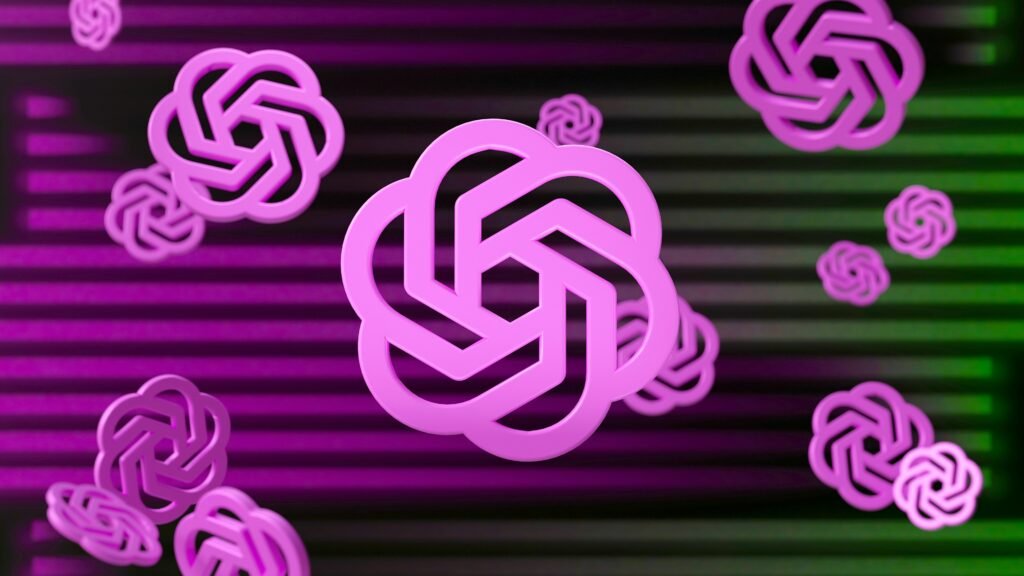
Introduction to AI Content Creation
AI content creation refers to the use of artificial intelligence technologies to generate written content, which has emerged as a transformative force within the content creation industry. Over the past decade, advancements in machine learning and natural language processing have paved the way for sophisticated AI systems that can produce text that closely resembles human-written content. The evolution of AI in content generation began with basic rule-based systems, gradually transitioning to more complex models capable of understanding context and nuance in language.
At the core of AI content creation technology are powerful algorithms and neural networks that analyze and learn from vast datasets of existing text. These systems can generate a wide variety of written materials, ranging from blog posts and articles to marketing copy and social media updates. Tools such as GPT-3 and other similar AI models have set new standards for content quality, enabling businesses and writers to leverage these resources for efficiency and creativity.
The availability of numerous AI platforms and tools has made it increasingly accessible for businesses and individuals to adopt AI content creation solutions. For example, applications like OpenAI’s ChatGPT, Jasper, and Copy.ai allow users to create high-quality content in a fraction of the time it would take a human writer. These tools often come equipped with features such as tone adjustments, style customization, and even keyword optimization capabilities, which cater to the specific needs of various industries.
As organizations begin to embrace these AI solutions, the implications for the content creation industry are profound. This introduction serves as a foundation for exploring the myriad ways AI is reshaping the landscape of written communication, highlighting both opportunities and challenges that accompany this technological shift in our industry.
Benefits of AI in Content Creation
The advent of artificial intelligence (AI) in content creation has ushered in significant advantages for creators and industries alike. One of the most notable benefits is increased efficiency. AI-powered tools can assist in generating ideas, drafting outlines, and even producing entire articles in a fraction of the time it would take a human writer. This enhanced productivity allows content creators to focus on more complex tasks, thereby optimizing their workflow.
In addition to efficiency, AI content generation is often more cost-effective. By automating repetitive tasks, businesses can allocate resources more strategically. For instance, the use of AI in content creation can reduce the need for extensive human editing, ultimately saving on labor costs. This financial aspect makes AI an attractive option for startups and established businesses seeking to maximize their return on investment.
Consistency in quality is another crucial advantage. AI can ensure that brand voice, style, and format remain uniform across different pieces of content. This is particularly important for brands that aim to maintain a strong identity and effectively communicate their message to their audience. Moreover, AI tools can be programmed to follow specific guidelines that align with corporate standards, ensuring that every piece produced meets a certain level of quality.
Furthermore, AI’s capability to analyze vast amounts of data offers invaluable insights into content performance and audience preferences. By pinpointing trends and patterns, businesses can tailor their content strategies to meet the evolving needs of consumers. For example, data-driven insights can inform topics that resonate with the target audience, allowing brands to stay ahead of the competition. Ultimately, the integration of AI in content creation is paving the way for innovative strategies and efficient production processes that are reshaping the industry landscape.
Challenges and Ethical Considerations
The integration of artificial intelligence in content creation brings forth a multitude of challenges and ethical considerations that merit thorough examination. One of the primary concerns pertains to originality. As AI-driven tools generate content, the issue of whether the produced material can truly be considered original arises. While AI can analyze vast amounts of data to create writing that mimics human style, it does not possess genuine creativity or the ability to infuse personal experiences into its outputs. This raises questions about authorship and intellectual property, especially when AI is used to produce commercially distributed content.
Another significant challenge is the potential for misinformation. AI models are trained on available datasets, which may include biased or incorrect information. As a result, content generated by these models runs the risk of perpetuating inaccuracies or misleading narratives. This is particularly concerning in an age where misinformation can spread rapidly through digital platforms, raising the stakes for content creators, editors, and publishers alike. Ensuring that AI-generated content meets high standards of accuracy requires careful oversight and validation from human experts, which can add to production time and costs.
The implications of AI content creation extend to the employment landscape within writing and creative fields. The automation of content generation might prompt concerns about job displacement, as companies may opt for AI solutions in lieu of human writers for routine tasks. This shift could lead to a devaluation of human creativity and diminish opportunities for emerging writers. Nonetheless, it is essential to acknowledge that while AI can assist in generating content, it is unlikely to fully replace the nuanced understanding and emotional depth that human writers bring to their craft. Therefore, a balanced approach that leverages both AI and human talent may hold promise for the future of content creation.
The Future of AI in Content Creation
The realm of content creation is on the brink of a significant transformation due to the increasing capabilities of artificial intelligence (AI). As we delve into the future landscape, it becomes evident that AI will not only enhance existing processes but also revolutionize how content is generated, distributed, and consumed. One notable trend is the integration of AI into personalized marketing strategies. By leveraging advanced algorithms, marketers can analyze vast amounts of data to deliver tailored content that resonates with individual preferences. This personalization leads to higher engagement rates and improved conversion metrics, solidifying AI’s role as a catalyst for more efficient marketing efforts.
Moreover, AI’s influence is set to augment human creativity rather than replace it. Tools powered by AI can assist writers and creators in generating ideas, refining content, and even providing insights based on audience interactions. This collaboration between AI and human creativity is likely to foster a new wave of innovation in storytelling and content production. Content creators will have access to resources that allow them to focus on high-level creative tasks while AI handles mundane aspects of content optimization and distribution.
In addition, the evolving landscape of AI is expected to give rise to new career opportunities within the content industry. Roles such as AI content strategists and data analysts will be crucial in harnessing AI technologies effectively. As organizations increasingly adopt AI-driven solutions, professionals who understand both content creation and data analytics will become indispensable. Additionally, the ethical implications surrounding AI use in content creation will necessitate specialists who can navigate the complexities of compliance and best practices.
As we look ahead, the potential for AI in content creation is immense. The synergy between technology and human effort will shape a future where content becomes not only more accessible but also more engaging and relevant to audiences worldwide.




